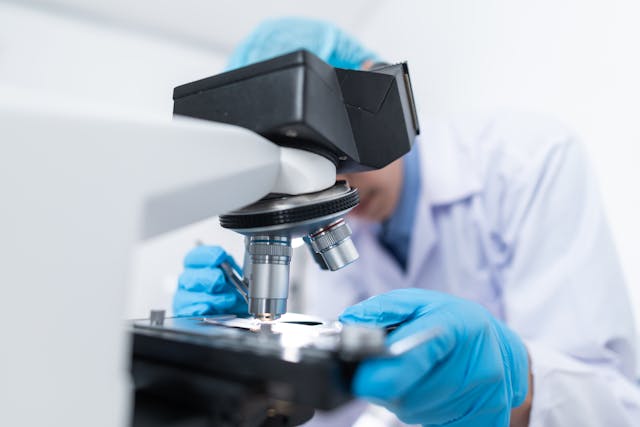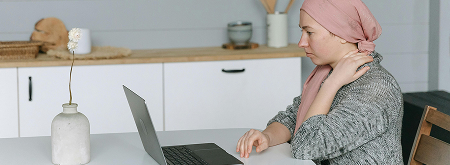There is no guaranteed way of preventing breast cancer. Most risk factors for breast cancer cannot be modified, such as genes. However, there are some lifestyle changes that may reduce your risk.
Maintain a healthy weight
Being overweight increases the risk of many cancers, including breast cancer, especially after menopause.
Be physically active and eat well
Women who are physically active for at least 30 minutes a day have a lower risk of breast cancer. A healthy diet rich in fruits and vegetables may also reduce breast cancer risk.
Don’t smoke
It is well known that smoking causes lung cancer, but studies have shown that it also increases the risk of at least 14 other cancers, including breast cancer.
Breastfeed, if possible
Breastfeeding has been shown to have protective effects against breast cancer. Studies have shown benefits for women who breastfeed for a period of at least one year.
Avoid too much alcohol
Research has shown that consuming more than one drink a day is associated with a greater risk for breast cancer. The risk goes up the more alcohol you consume.
Avoid birth control pills after age 35 (or if you smoke)
Birth control pills have been studied for years, and have been shown to have both risks and benefits. In younger women, the risks are far lower. However, while taking birth control pills, there will be a slightly increased risk of breast cancer. This risk will quickly go away after stopping the pill. Long-term use of the pill may have benefits though, such as lowered risk of ovarian, colon, and uterine cancer.
Find out your family history
Women with a strong family history of cancer can take steps to protect themselves, so it’s important for know your family history. Your breast cancer risk may be higher if you have an immediate family member who developed breast cancer, such as a mother or a sister, or if you have multiple family members who have developed breast, ovarian, or prostate cancer. You can talk to your doctor or a genetic counselor to help you understand your family history.
Get screened
Studies have shown that mammograms save lives. They are not a preventative measure, but they can detect the cancer sooner. Breast cancer is more treatable and has a better prognosis when it is detected in the early stages. Ask your doctor about mammography recommendations, which will depend on your age and overall risk.
Information taken from Siteman Cancer Center.





